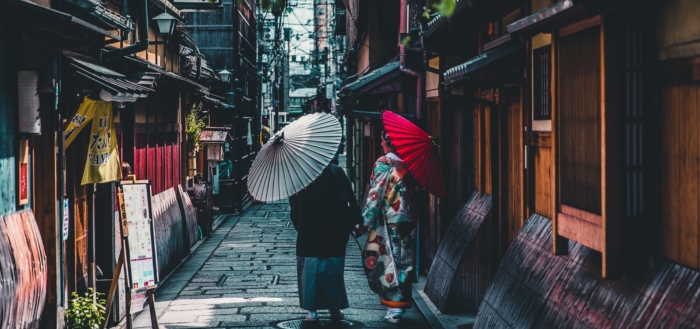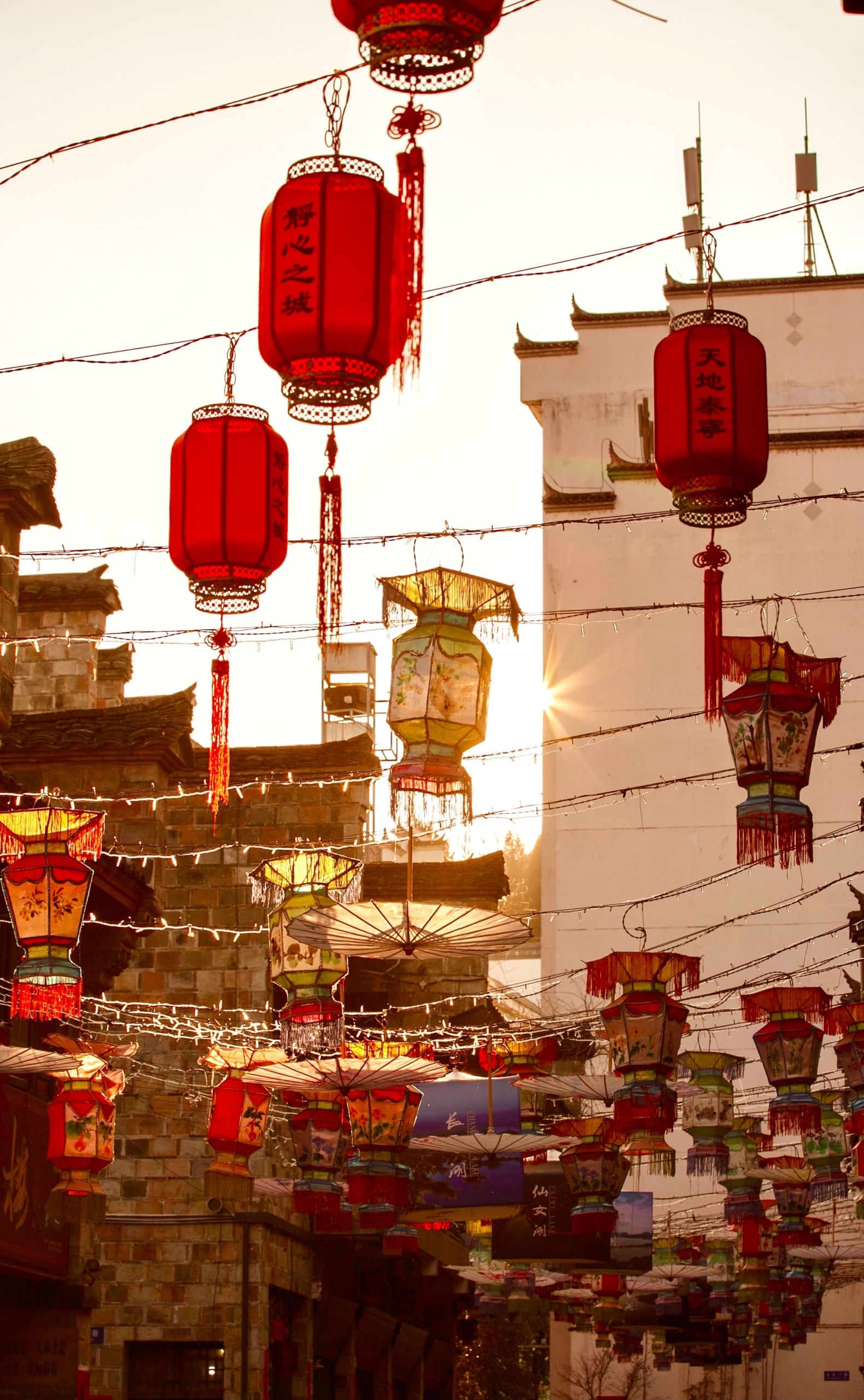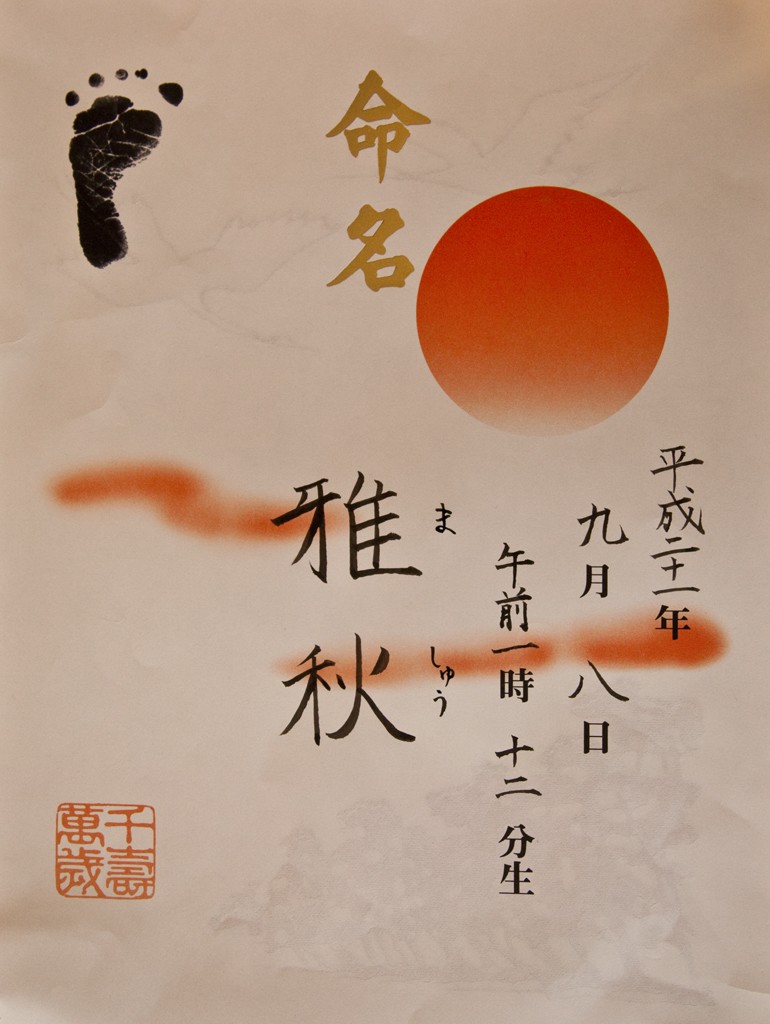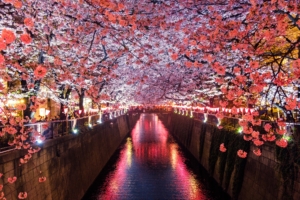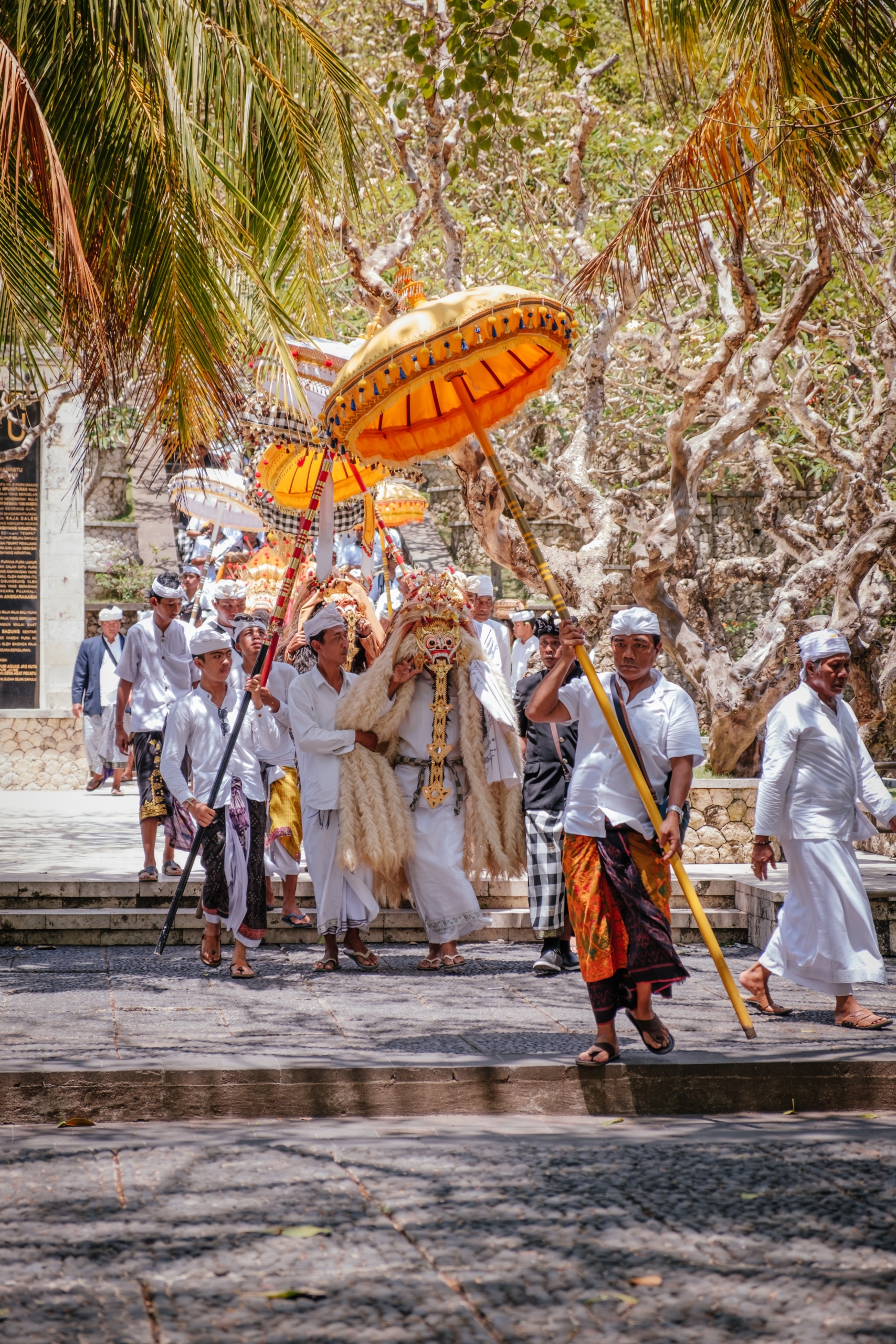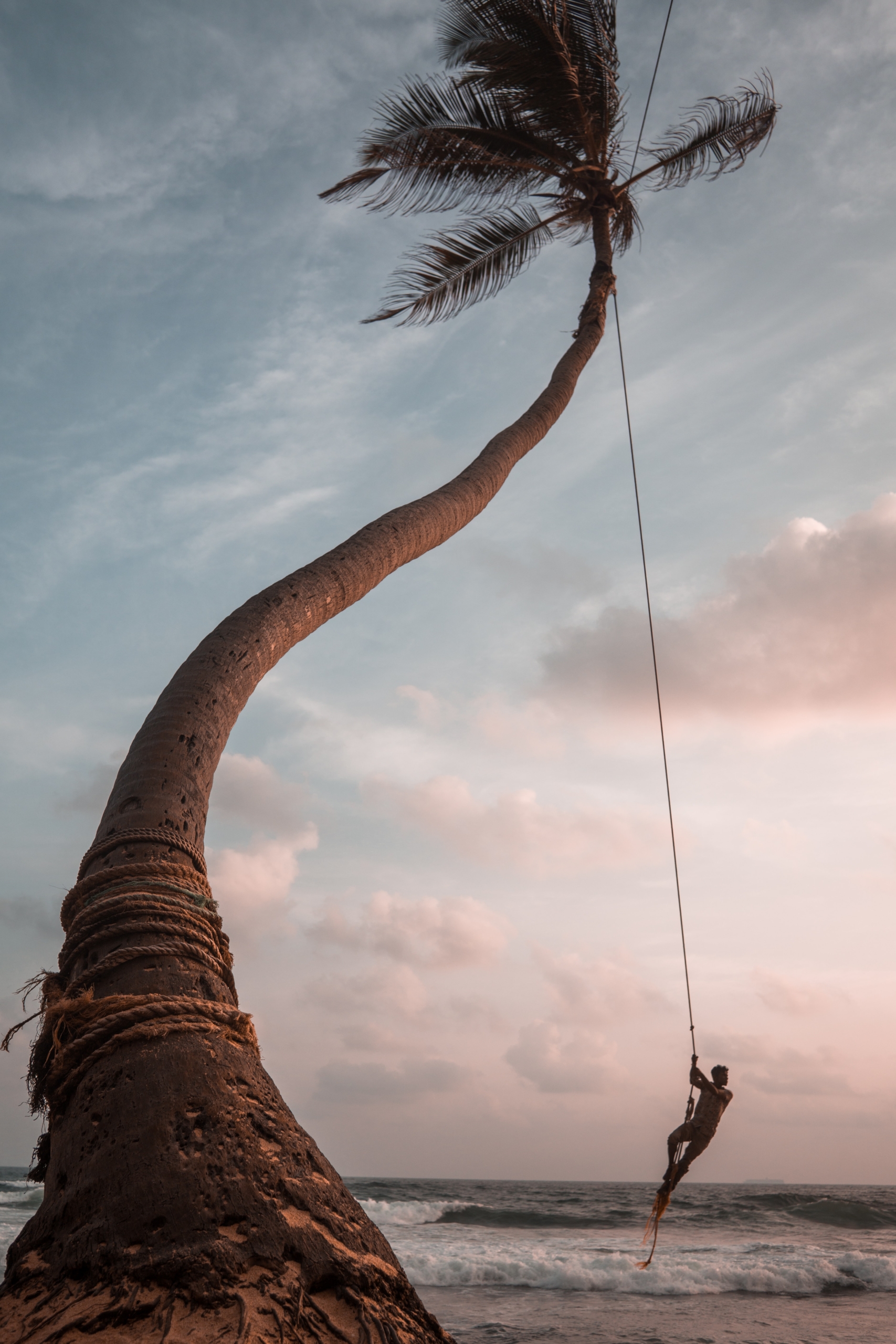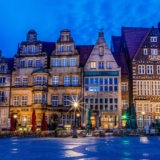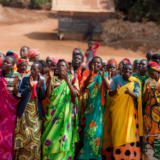Keeping traditions is a way of preserving cultural distinctions and ethical values specific for a certain country or area. Ceremonies and events tied to the celebration of birth are thus means of cherishing these principles, enriched by the deep meaning behind names as well. In this article, we will look at customs from Asia together with names chosen according to these traditions in different languages to discover distinctive features of certain Asian cultures.
China
China has one of the oldest civilizations on Earth, so it’s logical enough to assume that they had time to discover how to influence a person’s future through a name. Traditions, beliefs and ceremonies around the birth and naming of a baby are of great significance in Chinese culture, being varied but interconnected.
Certain families address a fortune teller with the occasion of a birth of a new member. Fortune telling (Chinese: 算命-Suànmìng) has a long-held tradition in China, having several branches and methods, one of them focusing on choosing the right name for a child. Fortune tellers base their analysis on the five elements traditionally believed to make up the whole of the world: metal, wood, water, fire and earth. In addition, they consider children’s birth date, time and conditions in drawing their conclusions. These practitioners examine the circumstances of birth and decide which elements are needed in one’s life in order to have a prosperous and healthy future. For example, somebody might be born in a year when crop was destroyed by drought, so a fortune teller might assign them a name containing a character which has the radical or meaning of water in it, such as 海 (Hai) meaning “sea”, 洋 (Yang) meaning “ocean”, or 莲 (Lian) meaning “water lily”. A child can also “lack fire” according to traditional beliefs, and in this case, their name should contain the radical of fire which is 火 to create names such as 荧 (Ying), 炫 (Xuan) or 炜 (Wei).
The five elements are further associated with the 12 Chinese zodiac signs which also play a key role in the choosing of a name. For someone born in the year of the Ox the fortune teller might advise to get a name such as 安 (An) meaning “peace and quiet” or 香 (Xiang) meaning “fragrance”, alluding to the ideal living conditions of this animal, and thus ensuring stability and prosperity for the future of someone with such a carefully chosen name. In the case of the Dragon, Chinese parents pay even more attention, since it’s a sign symbolizing luck, wisdom and superiority, so names appropriate for dragon babies are those denoting meanings such as “sun”, “order” or “king”. Names like this are for example 卿 (Qing), meaning “noble”, 大 (Da) meaning “grand”, and 日 (Ri) meaning “Sun” or “day”. Those who did not have such a naming ceremony and, in the course of their lives, encounter difficulties that they assign to their bad luck, might change their names to another which is more appropriate for their birth chart.
Concrete events tied to these ceremonies are the “one month party” and the “first year party”, both of them placing the child’s future in the center. The name of a newborn baby is usually chosen and announced during the first of these events, 30 days after their birth, with the help of fortune tellers, elderly family members and relatives. The celebration on the first birthday of a child serves as an event where the family makes guesses about the child’s future profession by the item that they choose from many placed in front of them. These events also serve as opportunities for the family to express their wishes for the child, which in many cases show themselves through the name that they end up choosing. Popular examples of characters believed to bring good luck to their holders are 松 (song) for boys, which means pine and thus symbolizes courage and perseverance, 凤 (feng) for girls, which means phoenix, pointing at a queen or 晨熙 (Chenxi) for both, meaning “morning sun”, which expresses the wish for a bright child. There are cases where families hoping to have a son name their daughters 招娣 (Zhaodi) which means “beckoning for a younger brother”.
Japan
Japanese parents usually choose a name for their newborn baby in the 7 days after their birth. The deadline is due to a special family gathering on the 7th day from the child’s birth called shichiya (Japanese: 七夜) which revolves around their name and the connotations it holds regarding their future. This is the day when the name of the new family member is announced for the first time and when it is put down to paper. Once the name is chosen, a special type of paper and calligraphy tools are used to create a poster similar to a birth certificate called meimeisho (Japanese: 命名書) which contains the baby’s name and birth time. The meimeisho is then placed on the wall above the baby’s crib or another visible place in the house, but it can be also given as a gift to the person who named the child. Relatives and friends traditionally gather on this occasion to present their gifts and have a celebration dinner together.
Joyo Kanji and Kanji for personal names can be used to create Japanese names taking into account the music and connotations of these characters. Since the reading is free, parents allocate pronunciations similar in sound and meaning to the kanji. Examples of currently popular choices of Japanese names are:
Haruto (はると) – this name for boys point towards the imagery of sun and calmness, with kanji such as 陽翔 meaning “shine and soar” or 悠人 signifying “a calm person”.
Haruki (はるき) – this name, used by the famous contemporary writer Haruki Murakami, can hold a wish for a long life, stability and permanence with kanjis such as 悠希 and 悠生.
Yui (ゆい) – Yui is a name for girls that attracts success and achievements being written as 結心 signifying “successful heart” or as 結 meaning “result, achievement”.
Tsumugi (つむぎ) – This name stands in line of the Japanese tradition considering thread as a symbol for connection necessary for harmony. It can be written simply as 紬 or another character can also be added to it to create the name 紬希 with the allusion to hopes.
Indonesia
Indonesian naming customs vary significantly in terms of the regional and religious distinctions of the country. First, there is the Balinese caste tradition which has its roots in Hinduism and which used to separate 4 main castes of people: Sudras (working population), Wesias (merchants and administrative officials), Satrias (warriors, nobles and kings) and Brahmanas (priests). With time, this social system has been diversified and castes have gained more subdivisions, but the influence of this social stratification in more traditional families still shows itself through the names that they choose for their children. For example, people of Sudra caste keep the custom of naming their descendants according to the order that they were born in, the firstborn getting the name Wayan, being followed by Putu, Gede, Made, Kadek, Nengah, Nyoman, Komang and Ketut. In the Satria caste, people might get names such as Anak Agung, Cokorda, Desak, or Gusti.
Another region that has a specific naming ceremony is Kalimantan, which is the Indonesian portion of the island of Borneo. The Banjar tribe, the community living in this region, follows the tradition of the Tasmiah, which is a naming ceremony where they celebrate the newborn by slaughtering one goat for girls and two for boys. During this ceremony, parents take the baby around the house and plat traditional music as part of a religious ritual. They continue by reading verses from the Quran before announcing the baby’s name.
Tasmiah is also a female name frequently used in Indonesia.
Another peculiar naming tradition comes from Karawang, West Java, and is called Ngayun. This is a ceremony where the family trust a shaman with accompanying the newborn child for seven days. It’s only then that the parents are allowed to give a name for the baby. Names from this region are often beginning with “Su-” and ending with an “-o”, like Suharto, Sudarto and Suprapto.
In the north of Sumatera, the Batak tribe keeps the Batak Toba naming tradition. This custom is based on the patriarchal system, and consists of allocating the same name to newborns at first, which are Unsok for boys and Butet for girls. After a few days, parents can give their children unique names such as Bonar, Togi, or Parulian.
Sri Lanka
Naming ceremonies cherished in Sri Lanka are also specific for ethnic groups. Sinhalese, Tamil and Muslim families all announce the name of their child publicly as a gesture of welcoming the newborn into the community. In Sinhalese society, an astrologer helps the parents decide which letter the child’s name should begin with, based on their horoscope. The name of this Sinhalese ceremony is Nam tebina, and a few names to choose from are: Aloka, Kusal, and Sanath for boys, and Ahani, Avya, and Dilani for girls.
The Tamil naming ceremony is called Namakarana samskar and it takes place 11-41 days after birth. During this event, the father whispers the chosen name into the child’s right ear. Tamil names are for example Amala, which means “clean, pure”, Anil, which means “air, wind” and Lakshmi meaning “sign, mark”.
We have tackled only a few of the many aspects of the rich cultural heritage of Asia, but we have come a few steps closer to understand how these manifest themselves in personal names. Do you think people should cherish such customs even when they seem outdated?

